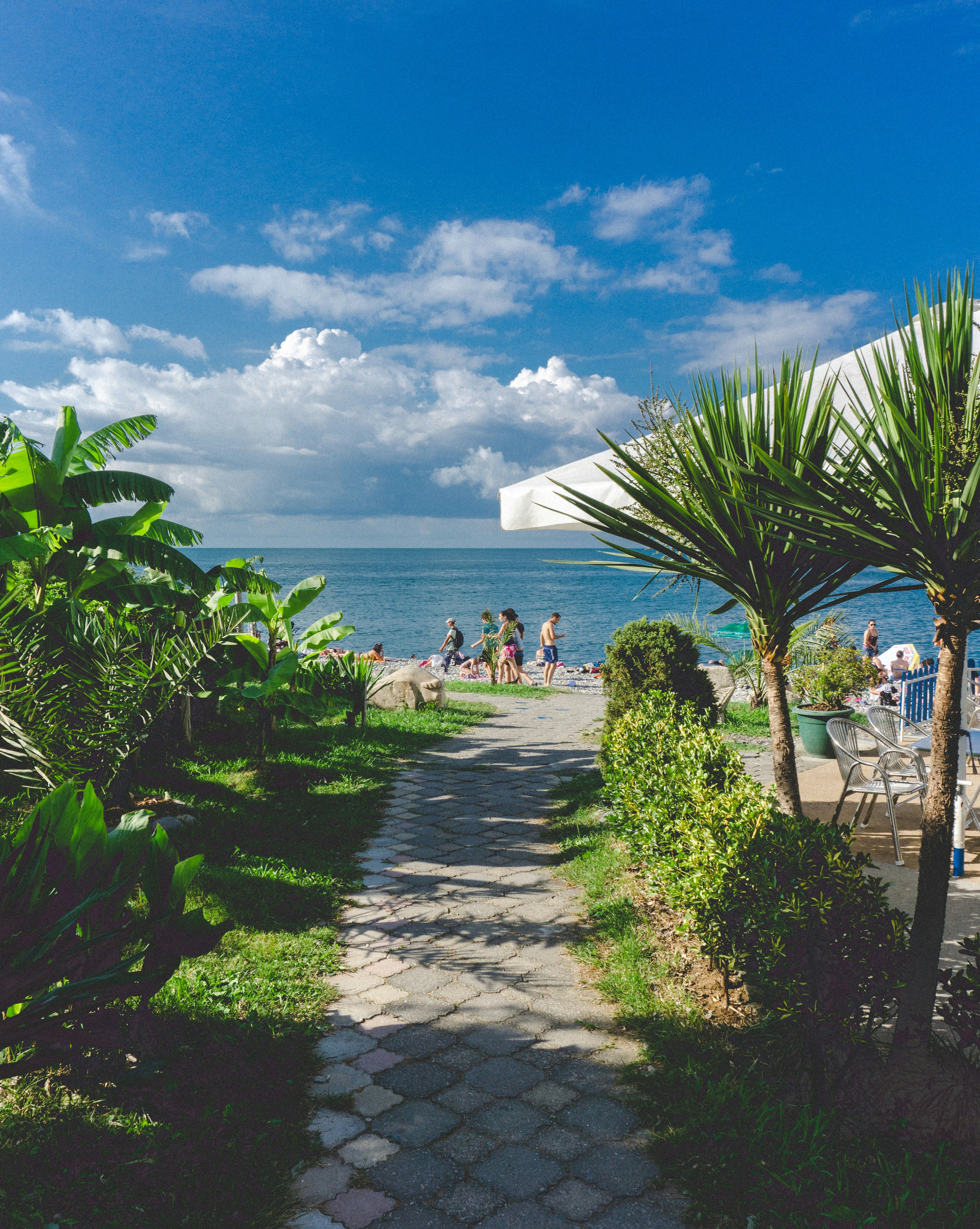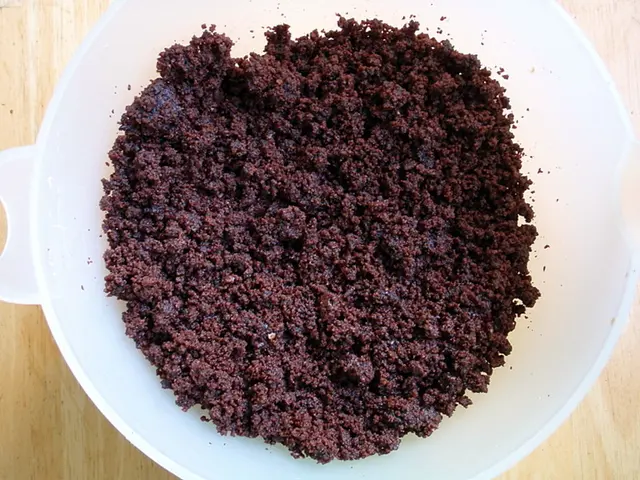Rapid, severe rosacea: Causes, signs, and remedies
Rosacea Fulminans is a rare, sudden, and severe inflammatory skin condition that primarily impacts the central portion of the face - notably the chin, cheeks, and nose. Unlike regular rosacea or acne, symptoms of this condition are significantly more severe and crop up quickly.
This condition is often referred to as pyoderma faciale and primarily affects females of childbearing age. Despite extensive research, the exact cause of Rosacea Fulminans remains elusive. Nevertheless, recent studies have hinted at possible links with conditions such as inflammatory bowel disease and pregnancy, with individuals who have experienced some form of rosacea before being more susceptible.
Stress, hormonal fluctuations, and certain medications are considered potential triggers for Rosacea Fulminans. Moreover, certain dietary factors may trigger or aggravate rosacea symptoms in general, though this does not necessarily imply they are specific to Rosacea Fulminans. Suspected dietary triggers include spicy foods, alcohol, and foods containing cinnamaldehyde (like chocolate, tomatoes, and citrus fruits), as well as histamine-rich foods and beverages (such as wine, aged cheese, and processed meats), and hot drinks. It is essential to note that dietary triggers can vary significantly among individuals, and healthcare professionals do not recommend a one-size-fits-all approach to dietary changes.
If diagnosed early, Rosacea Fulminans can be managed effectively through a combination of medical interventions and lifestyle adjustments. Treatment options may involve oral isotretinoin, corticosteroids (both oral and topical), and antibiotics, depending on the individual's specific case. Additionally, identifying and avoiding triggers, such as stress, certain foods, and medications, can help manage symptoms more effectively.
Adopting a mindful, stress-reduction routine, employing deep breathing exercises, regular exercise, and journaling are potential avenues to help lower stress levels. Modifying dietary habits, such as reducing alcohol intake and using gentle skincare products, may also aid in symptom management. A healthcare professional may provide personalized guidance tailored to the individual's unique needs and circumstances.
Prompt medical attention is crucial for people experiencing symptoms of Rosacea Fulminans, as early diagnosis and intervention can help alleviate symptoms faster, prevent complications, and preserve overall quality of life. If you experience severe, localized skin color changes, painful pustules, significant facial discomfort, a sudden onset of symptoms, or persistent symptoms that worsen despite trying over-the-counter medications or rosacea therapies, make sure to contact a dermatologist or another healthcare professional for proper evaluation and guidance.
- Rosacea Fulminans, a rare and severe skin condition, primarily affects the central portion of the face, like the chin, cheeks, and nose, and is often referred to as pyoderma faciale, primarily impacting females of childbearing age.
- Despite extensive research, the exact cause of Rosacea Fulminans remains elusive, but recent studies have hinted at possible links with conditions such as inflammatory bowel disease and pregnancy, with individuals who have experienced some form of rosacea before being more susceptible.
- Stress, hormonal fluctuations, and certain medications are considered potential triggers for Rosacea Fulminans, and suspected dietary triggers include spicy foods, alcohol, foods containing cinnamaldehyde (like chocolate, tomatoes, and citrus fruits), as well as histamine-rich foods and beverages.
- If diagnosed early, Rosacea Fulminans can be managed effectively through a combination of medical interventions and lifestyle adjustments, such as adopting a mindful, stress-reduction routine, employing deep breathing exercises, regular exercise, and journaling, as well as modifying dietary habits like reducing alcohol intake and using gentle skincare products. Prompt medical attention is crucial for people experiencing symptoms of Rosacea Fulminans.








